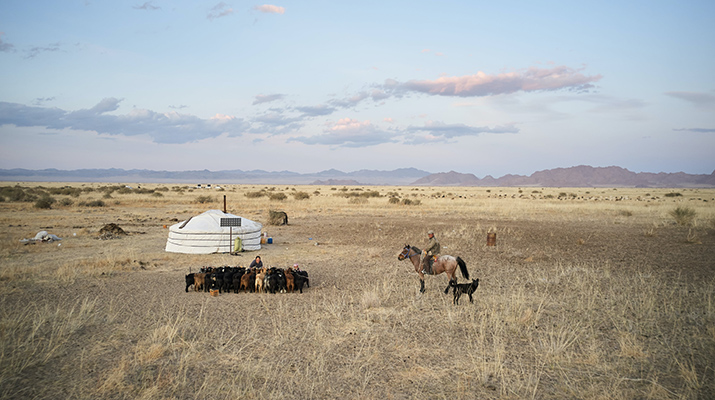
Project Title: Developing Policy Recommendations for Introducing and Implementing Incentive-based Regulatory Models to Improve Energy-saving and Efficiency
Client:The Energy Regulatory Commission of Mongolia
Students: Tajwar Arnab, Rachel Thibeault, Clarence Lau, Tong Zhang
Faculty Lead: Tarun M. Khanna
Fieldwork Location: Mongolia
Year: 2023-24
Publications: The Diplomat
About the Project: As a landlocked country with an infamously continental climate, Mongolia relies heavily on coal for its energy supply, especially in heating and industry; approximately 90% of domestic electricity production comes from coal-based combined heat and power plants (CHPP), split into five regionally based energy systems. Further, one fifth of domestic production is supplemented by imports from China and Russia. The most important regional system for energy production is the Central Energy System, which supplies the capital city Ulaanbaatar, and the surrounding central region. However, energy production has not been able to keep pace with the energy demand due primarily to aging CHPP infrastructure and distribution grids. Anticipating a lag between projects to address these issues and increasing energy demand, the Energy Regulatory Commission (ERC) intends to create a short-term incentive-based energy efficiency and conservation program to manage the growing gap and promote energy efficiency within Mongolian industry. The project team intends on collecting case studies of the best international practices and highlighting their benefits and drawbacks while paying a specific attention to their applicability on the Mongolian context. To supplement this, the team intends to collect the perspectives of the industry consumers themselves, to identify incentives which generate interest and are therein more likely to be effective within Mongolia’s industries. The overarching purpose of this study is to recommend effective and practical policy solutions in developing a model for the implementation of an incentive regulation mechanism.